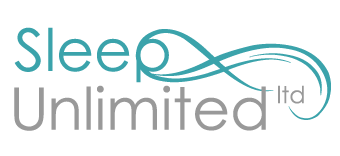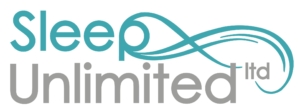Actigraphy is used in academic research and clinical settings for determining sleep patterns and circadian rhythms.
The actigraphy sensor may be worn for weeks at a time. We have pioneered the use of actigraphy with complex neurological conditions to improve sleep and daily routine, to evaluate the effects of altering routines, the impact of increased levels of rehabilitation and fatigue management.
Actigtraphs can also be worn simultaneously by carers to evaluate the impact of the caring role on their sleep and daytime levels of activity and tiredness.
- Circadian rhythms
- The balance of sleep and activity over a 24 hour period
- Similarities and differences between 24 hour periods
- Consistency of routines, including imposed routines for less able individuals
- Compliance with advice regarding routines, rest and activity periods
- Effectiveness of interventions aimed at altering routines, rest and activity periods to promote improvements
- Overall level of activity in any given day or other time period (which can correspond to specific diarised activities)
- Sleep disturbance (Length of time taken to fall asleep, time spent asleep, sleep efficiency)
- Timing of care interventions at night
- Evaluation of fatigue levels in general and in relation to specific activities
- Evaluating sleep and sleep disturbances for those caring for people with ABI – this can be done in conjunction with evaluating the individual with ABI for the same period and gives a clear picture of the wider effects of sleep disturbance for those receiving care from family members or professional carers providing a ‘sleeping-night’ service.
Our data have been used by a range of healthcare providers and case managers to inform levels of function and appropriate types and timings of intervention delivery. A number of legal practitioners have used our data and reports in successful litigation claims for their clients, whereby our objective, empirical data have augmented other expert witness testimony, and to argue for overnight care provision.
The Assessment Process
- Actiwatches are sent out to clients, a member of their family, or a healthcare professional who is in close working contact with the client. These are sent out using the Royal Mail special delivery service.
- The device is then fitted to the non-dominant wrist of the client and worn continuously for a minimum of 2 weeks, only removing for bathing / showering or swimming.
- Once the assessment period is complete the actiwatch and accompanying paperwork is then sent back to us (using the Royal Mail special delivery service) for analysis and report writing.
- Reports are completed within 2 weeks of receipt of the device and paperwork.
- Follow-up with our clients, their families and / or the commissioning professional to discuss the findings and recommendations in order to ensure that these are manageable and appropriate for the client.
Reports
We provide accessible, user-friendly reports for clients and their families to successfully incorporate into their daily (and nightly) lives.
Evidence-based assessment and treatment reporting is made to support best-practice in terms of improving, sleep, 24 hour activity patterning and the wellbeing of the people whom we assess and treat. Our reports can be instrumental in measuring the effectiveness of other interventions delivered by clinicians, physiotherapists, occupational therapists and case managers.
Objective and subjective outcome measurement data are generated which provide robust and well-balanced expert reports for use by the legal team in on-going litigation.



